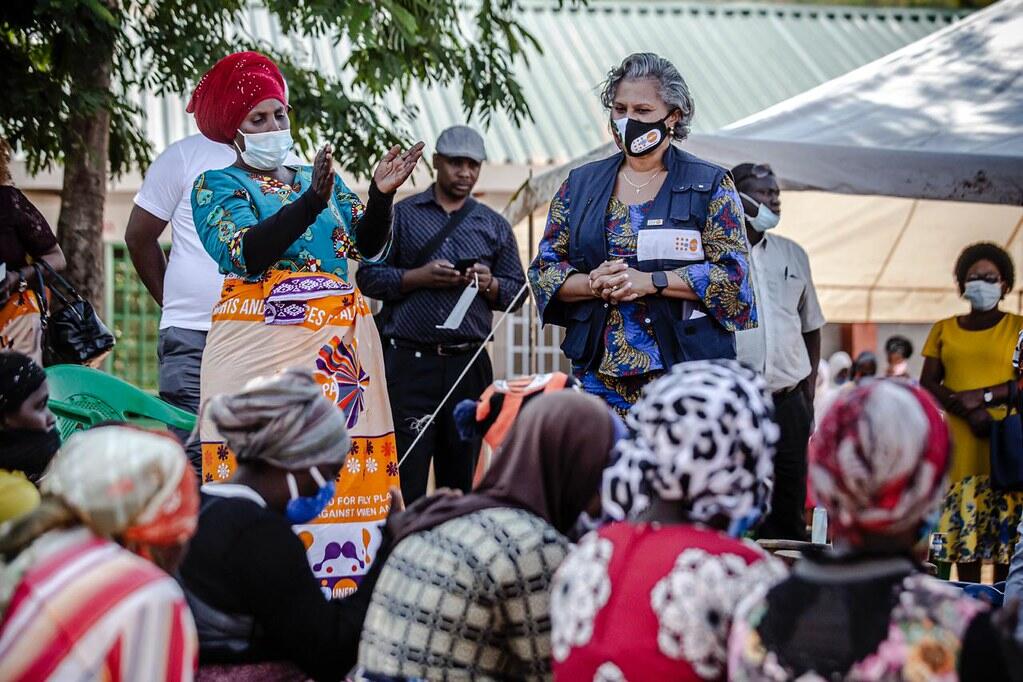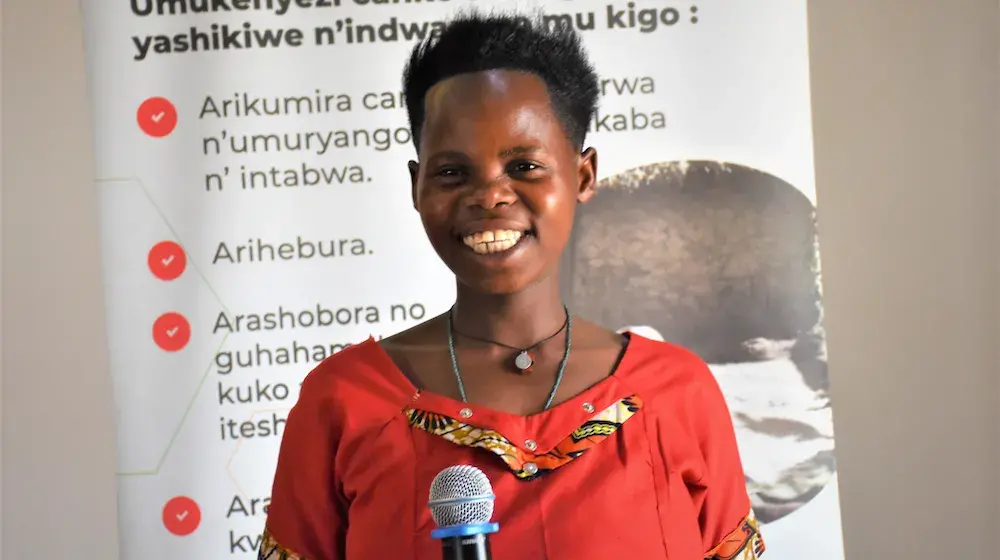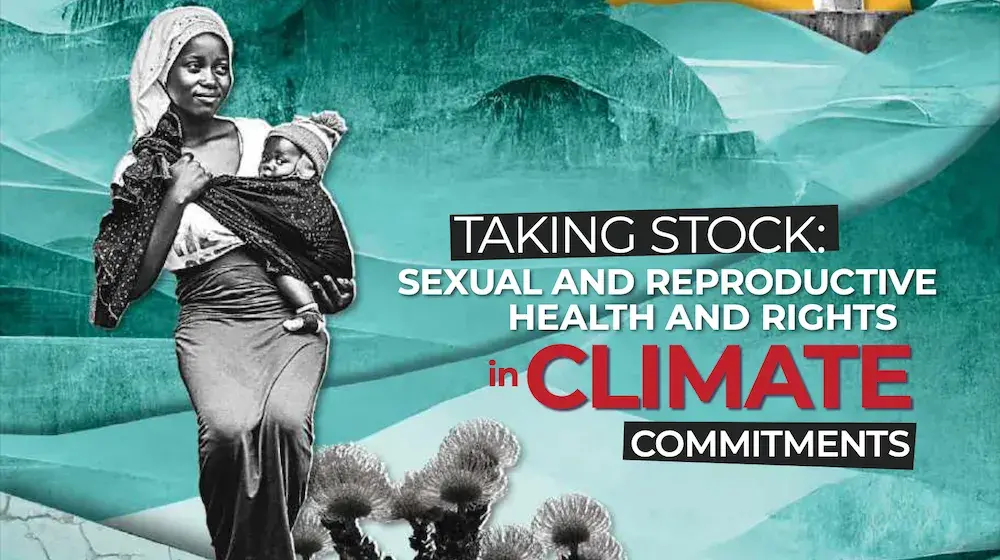Blog post
Message from Dr. Julitta Onabanjo, UNFPA Regional Director for East and Southern Africa, on the International Day for the Elimination of Violence against Women
This year has been a challenging one. Lockdown and restrictive measures introduced to curb the spread of the coronavirus have unfortunately led to an increase in the already existing silent pandemic of gender-based violence.
Violence against women and girls, including female genital mutilation, escalated by an estimated 30 per cent globally during the pandemic, prompting the UN Secretary-General’s call for peace in the home. In response, 146 countries have included the prevention of gender-based violence (GBV) and support for those affected in their national COVID-19 response plans to protect critical gains made in securing women’s and girls’ right to live free from violence.
The East and Southern Africa region has high rates of sexual violence against women and girls. In seven countries, around 20 per cent of those aged 15 to 24 years reported that they had experienced sexual violence from an intimate partner. Child marriage is also prevalent and 31 per cent of girls are married before the age of 18 years.
Instances of violence against women and girls continue to rise during the pandemic. We have just under 10 years left to end GBV by 2030 in accordance with the International Conference on Population and Development Programme of Action and the Sustainable Development Goals. We at UNFPA East and Southern Africa say enough is enough, and call for awareness and action 365 days a year.
The UNFPA East and Southern Africa region continues to lead in coordinating the GBV response in emergency settings and by training service providers to manage GBV cases and treat survivors, ensuring that they have access to quality services. In our work in the region with traditional leaders, we have made gains in reducing female genital mutilation (FGM) and child marriage in several African countries. Our work continues with partnerships, such as the Spotlight Initiative, an example of a multisectoral and coordinated response to violence against women and girls, and co-leading with UN Women the Action Coalition on Bodily Autonomy and Sexual and Reproductive Health and Rights in the Generation Equality Forum.
But our march in Africa must continue, pandemic or not.
During these 16 Days of Activism Against Gender-Based Violence, we call on governments, traditional and faith authorities, youth leaders and the people of Africa to continue to work with us to ensure adequate funding for essential services, including sexual and reproductive health and GBV services. We call for more effective responses for survivors of GBV, including improved policing and judicial protection through the criminal justice system, and greater attention to data collection on the prevalence of violence against women and girls. We also continue to support civil society, especially women’s rights organizations and the youth movement, who are at the fore of advocacy and mobilizing efforts.
Much still needs to be done. Change is possible if we all hold each other accountable.
In the words of Mama Graça Machel, “We need to stop speaking of violence against women as statistics. Each of those women has a name, an identity.”
Our march to end all forms of GBV in Africa continues, for 16 days and beyond.
In marching alone, we present a single voice; in marching together, we present a movement that galvanizes transformative and sustainable change.
Join the march as it continues in Africa. Together, let’s boldly proclaim – enough is enough!




